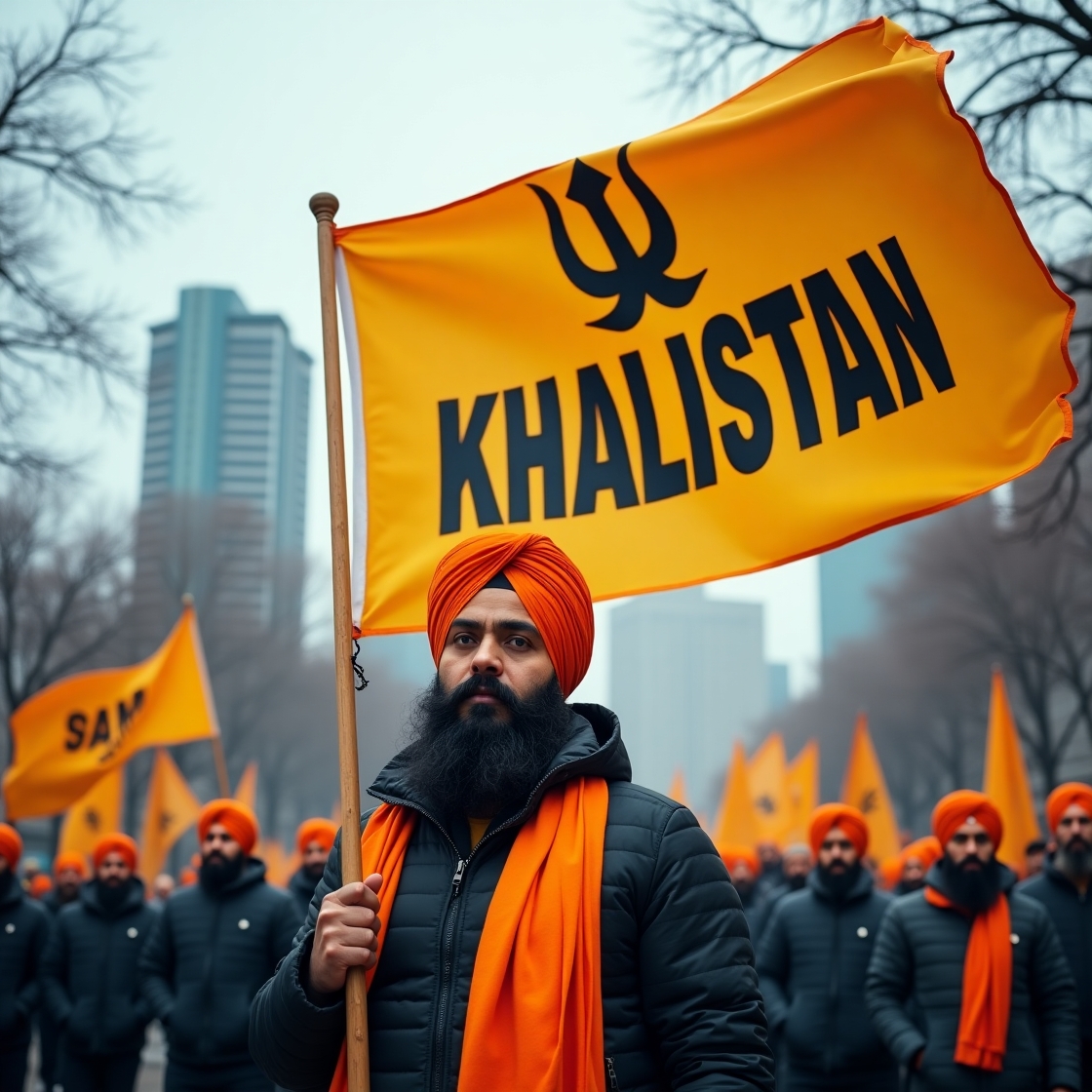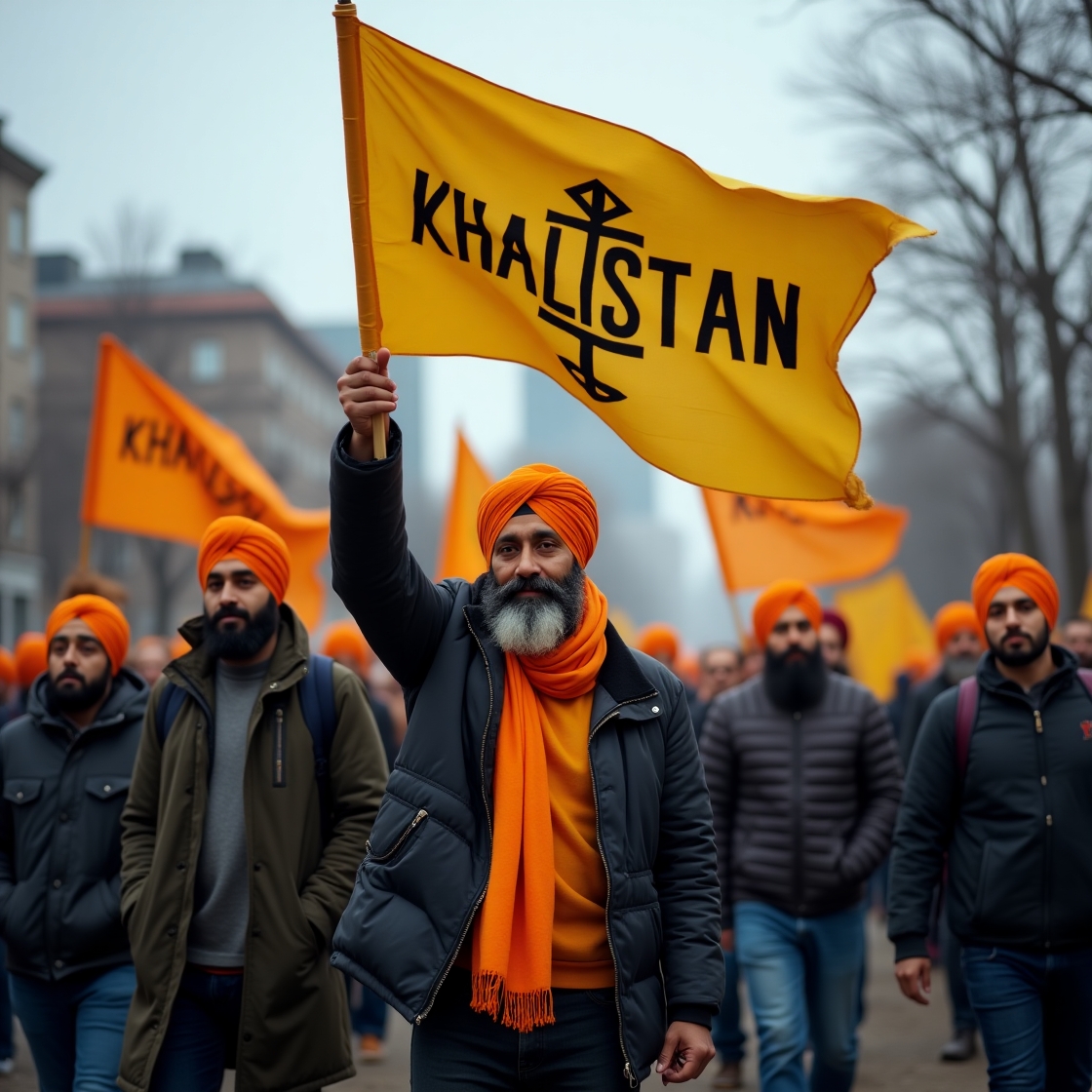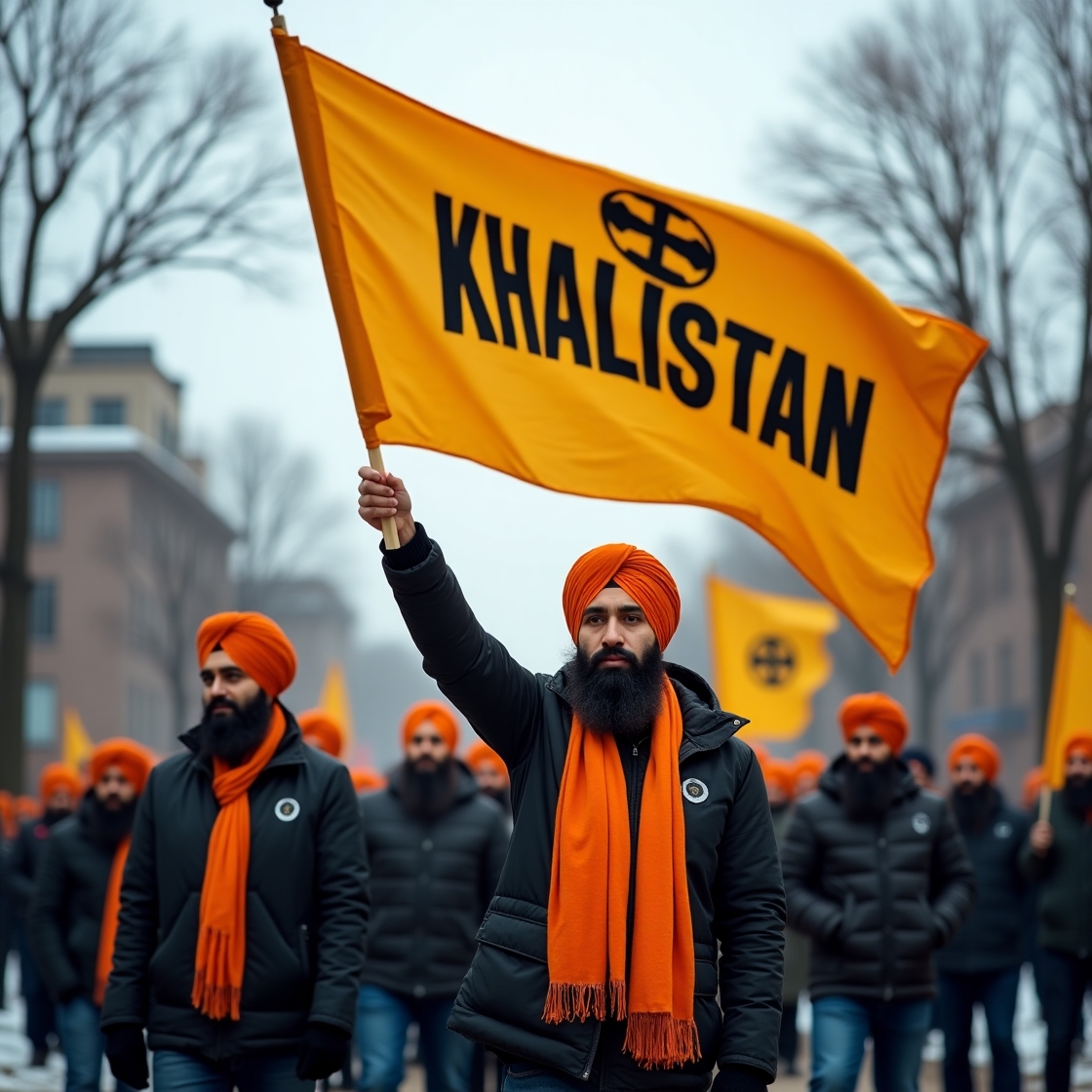Canada’s Intelligence Agency Confirms Khalistani Extremist Threat
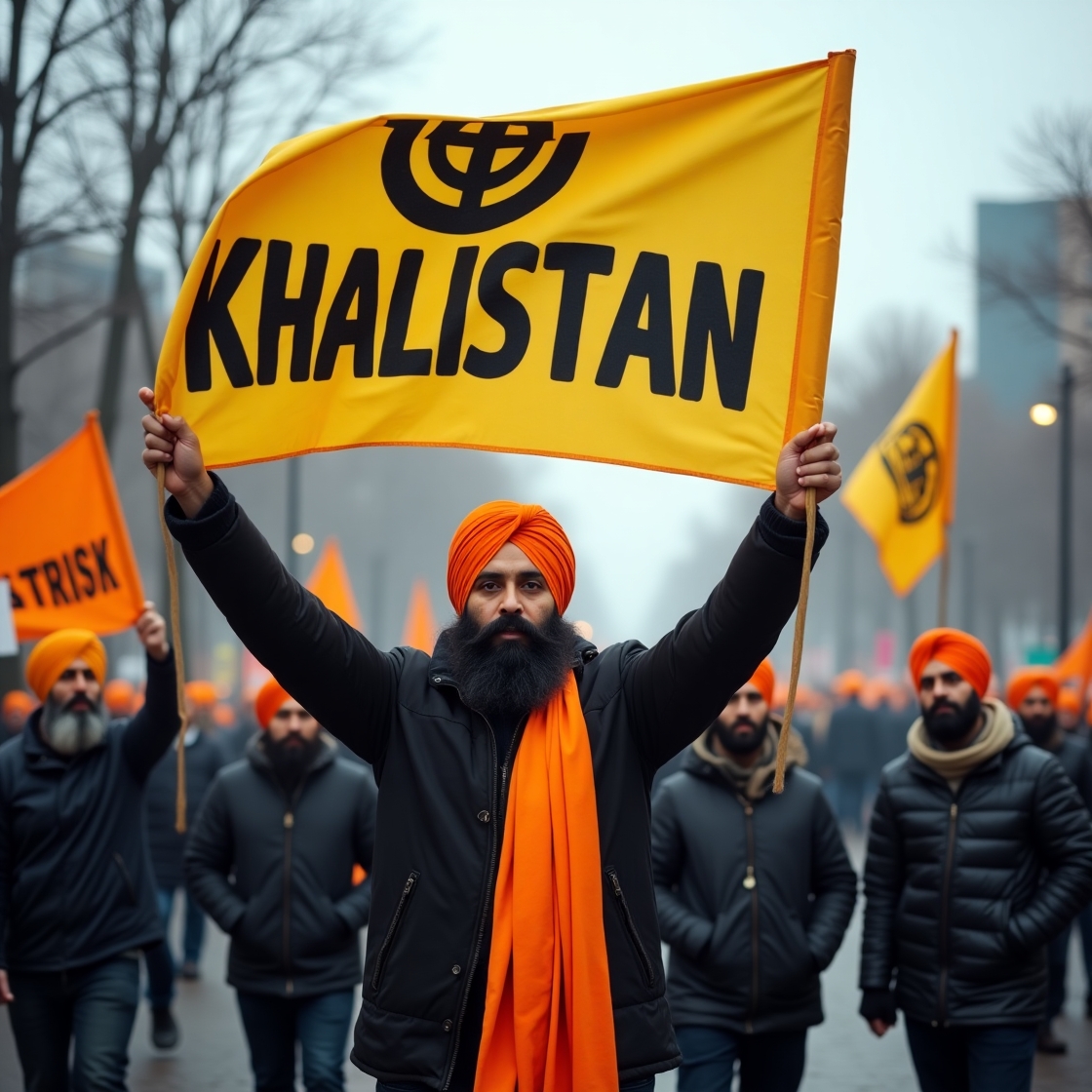
Canada’s intelligence service, CSIS, has acknowledged that a small but active group of Canada-based Sikh extremists uses the country as a staging ground to “promote, raise funds, or plan violence mainly in India.”
According to CSIS’s public report submitted to Parliament (June 2025), these individuals continue efforts toward the creation of an independent Sikh state, Khalistan, primarily in India’s Punjab region. This marks the first time since 2018 that CSIS has explicitly addressed the issue, signaling a potential pivot toward addressing long-standing Indian concerns.
While the report emphasizes that this extremist faction represents only a small part of Canada’s Sikh population, it warns of significant security risks, including domestic threats and transnational implications.
Historical Context & Diplomatic Strain
-
The 1985 Air India bombing (329 killed) continues to act as a grim reminder of the dangers posed by extremist groups operating from Canadian soil.
-
India has frequently highlighted Canada’s “lenient” legal framework as enabling Khalistani organizations to freely operate and organize before the CSIS admission.
Tensions escalated sharply in September 2023, after Canadian PM Justin Trudeau publicly accused India of involvement in the killing of Hardeep Singh Nijjar, a known Khalistan advocate, in British Columbia—allegations New Delhi vehemently denied, accusing Canada of sheltering anti-India elements.
Further diplomatic fallout occurred in October 2024, when Canada expelled six Indian diplomats deemed “persons of interest” in the Nijjar investigation, prompting reciprocal expulsions from India.
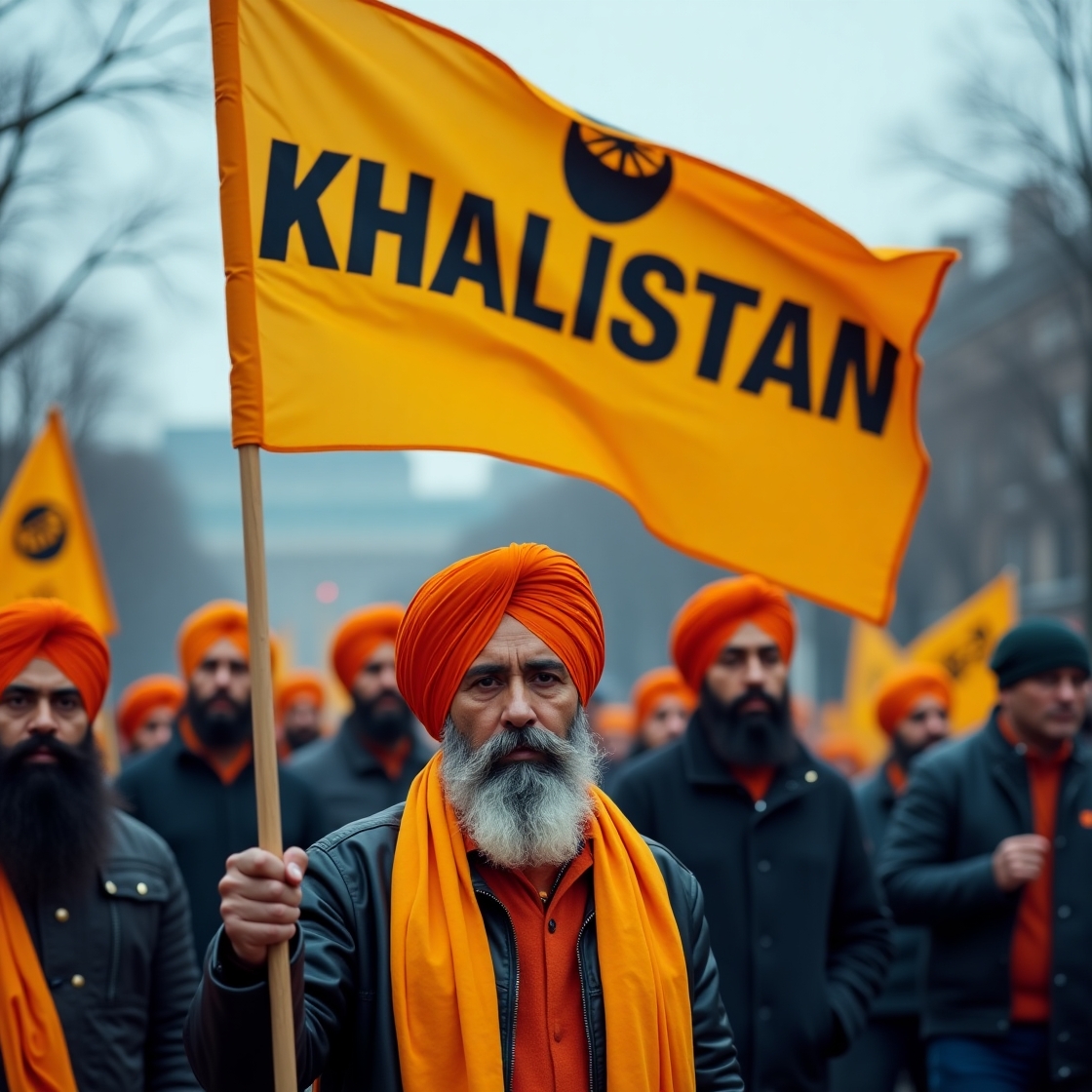
Signals of Diplomatic Rapprochement
At the G7 Summit in Kananaskis (June 15–17, 2025), Canadian Prime Minister Mark Carney and Indian Prime Minister Narendra Modi held a productive bilateral meeting. They agreed to reinstate high commissioners to both capitals and reconnect economic and diplomatic channels, including restarting stalled trade negotiations..
The summit marked the first formal diplomatic step since the tensions, with both leaders reaffirming mutual respect, commitment to sovereignty, and shared values like democracy and the rule of law.
Political & Enforcement Developments in Canada
-
Former PM Stephen Harper recently urged Canadian political parties to sever ties with Sikh extremist groups, warning such associations harm bilateral relations with India.
-
Peel Regional Police, near Toronto, recently dismantled a major drug and terror network believed to have links to Sikh extremist elements, seizing drugs estimated at $50 million.
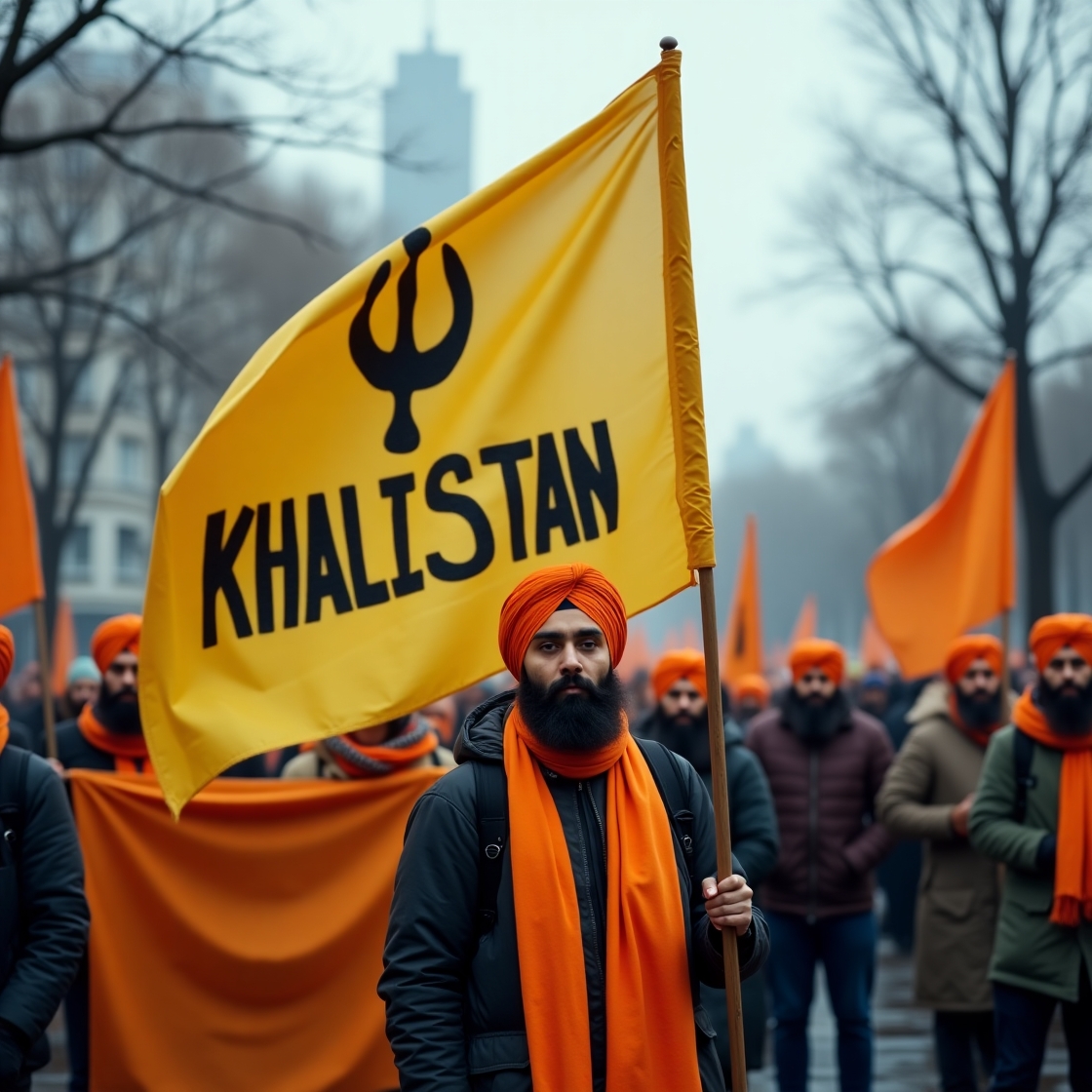
Outlook: Toward Resolution or Continued Tension?
-
The CSIS findings validate India’s long-standing assertions and may pave the way for deeper Canada–India security cooperation.
-
The diplomatic reset at the G7 signals openness to restoring high-level engagement, but practical outcomes (e.g., trade deals, law enforcement collaboration) depend on sustained follow-through.
-
Challenges remain: addressing extremist funding, managing community backlash (notably from Sikh diaspora groups), and ensuring justice in the Nijjar case.

